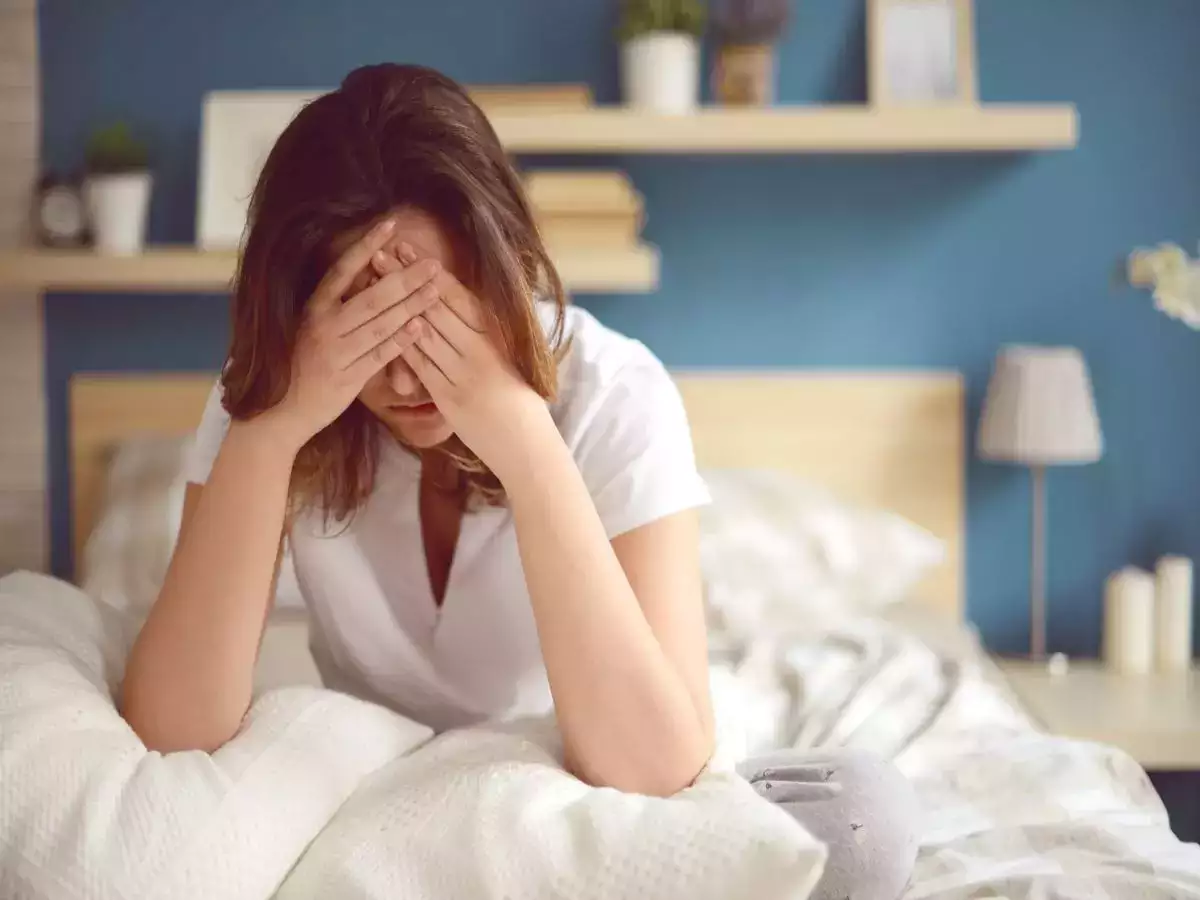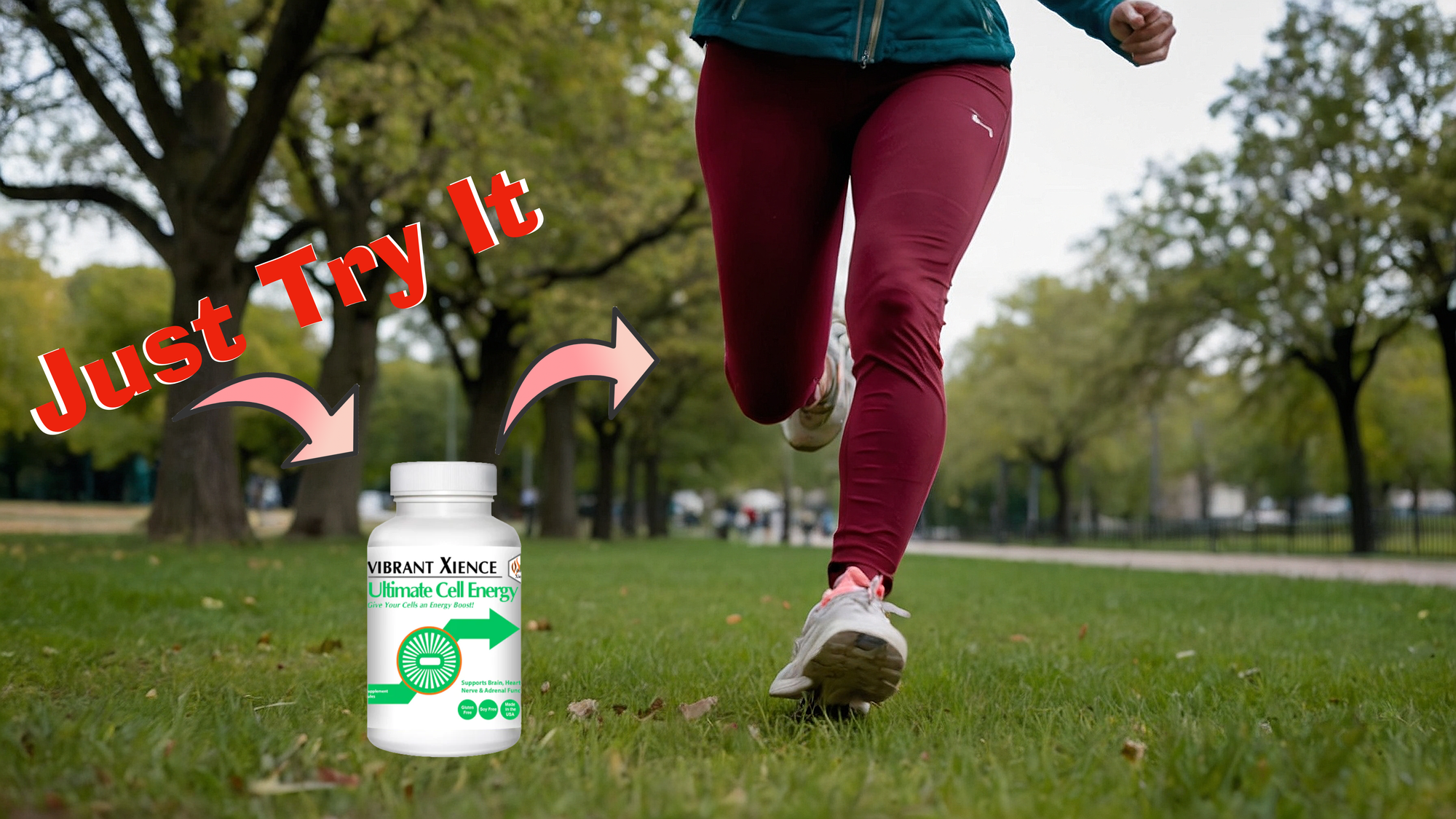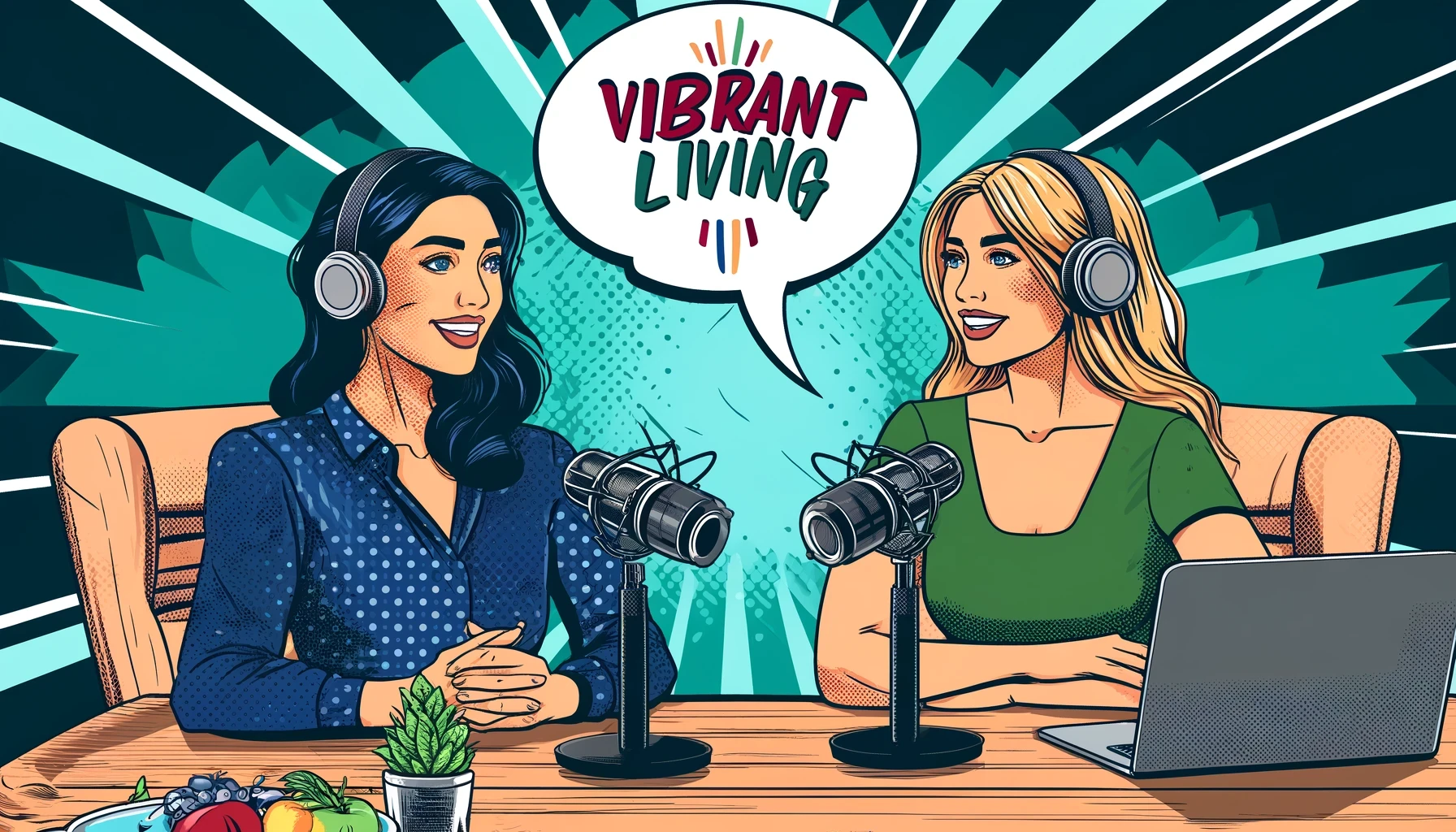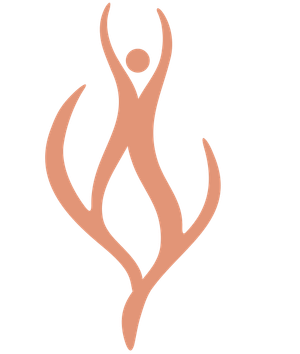Sleep is a fundamental human need, akin to eating and breathing, and it's clear that not getting enough of it can have serious repercussions for our health.
The connection between good sleep habits and heart health, for example, is well established. When we neglect our sleep, we risk a plethora of health issues, from decreased mental acuity to increased susceptibility to chronic conditions.
And the first symptom in the vast majority of us, is gaining weight because we plow through the day by power sugar snacks and extra food to keep the boat from sinking.

Our understanding of sleep has deepened considerably thanks to scientific research.
We now know that creating an environment conducive to restful sleep is crucial. This means keeping our bedrooms cool, dark, and free from distractions. It's not just about the number of hours we spend with our eyes closed—quality is just as important as quantity.
By incorporating science-backed tips into our nightly routine, we can improve our sleep quality. This includes managing our exposure to light and technology before bedtime, maintaining a consistent sleep schedule, and fostering conditions that align with our natural sleep-wake cycle.
imagine your body is like a smartphone that has its own internal clock, except it's way smarter than any gadget. This built-in clock is called the circadian cycle, and it helps decide when you feel sleepy and when you're wide awake. Think of it like this: When it starts to get dark outside, your body's clock tells a part of your brain that it's time to feel tired. That's because, way back before we had bright lights and screens, people used to wake up when it was light and sleep when it was dark. And even now, when it gets dark, your body makes a sleep hormone called melatonin that makes you drowsy. In the morning, when the sun comes up, your body's clock tells your brain to stop making so much melatonin, which helps you wake up and feel alert. But it's not just about sleep. This clock also helps with things like feeling hungry for meals at certain times or making you super sharp and focused when you're usually at your best. So, the circadian cycle is like a daily schedule for your body that's been tuned by nature. It tells your body when it's time to do all sorts of things without you even thinking about it!
By taking these steps, we work with our body's intrinsic rhythms, paving the way for better sleep and, as a result, improved overall well-being.
Understanding Sleep and Its Importance

In our pursuit of health and well-being, we recognize that sleep is a cornerstone. It affects everything from our cognitive abilities to our physical health. Therefore, it's essential to gain a clear understanding of the science behind sleep and its substantial impact on our lives.

The Science of Sleep
Sleep is an intricate process that is pivotal for our brain's ability to function. This complex state of rest is orchestrated by our circadian rhythm, an internal clock that signals when it's time to be awake and when to sleep. During sleep, our body goes through different stages ranging from light to deep sleep, each rejuvenating and restoring different aspects of our health.
Spending too much time on social media during the night might detrimental to your sleep hygene, however my selfish science says that spending social time on my social outlets during the day makes both of us happy - shameless plus LOL

Benefits of a Good Night's Rest
- Physical Health: Sufficient sleep is vital for various bodily functions, including the healing and repair of our heart and blood vessels. Thus, a connection exists between adequate rest and a reduced risk of heart disease and stroke.
- Mental Health: Our mental health similarly benefits from quality sleep. It supports learning, helps consolidate memories, and is crucial in reducing the risk of mental health issues such as depression.

Ultimate Cell Energy
Unlock your brain's potential with Ultimate Cell Energy. This unique formula is crafted to boost brain performance and maintain brain health, so you can stay sharp and focused every day.
Consequences of Inadequate Sleep
Consistently poor sleep quality can increase the likelihood of developing not only heart disease but also other conditions, including diabetes and dementia. Sleep deprivation can impair judgment and cognitive capacity, further illustrating the critical nature of sleep in maintaining both mental and physical health.
Taking steps to ensure a restful night can therefore be viewed as a form of daily self-care with significant long-term benefits.
Factors Affecting Sleep Quality

In our quest for a good night's sleep, it's important to understand how various factors impact our sleep quality. From what we consume to our physical activities and mental state, each aspect plays a substantial role.

Diet and Sleep
Caffeine: Consuming foods and drinks high in caffeine can significantly hinder our ability to fall asleep. We should be mindful of our caffeine intake, particularly in the hours leading up to bedtime, as caffeine can stay active in our system for several hours and delay the onset of sleep.
Alcohol: Despite its initial sedative effects, alcohol can disrupt our sleep cycle, reducing REM sleep, which is crucial for memory consolidation and mood regulation. To promote better sleep quality, we should limit alcohol consumption, especially close to bedtime.
Exercise and Sleep Patterns
Exercise: Regular physical activity can help us fall asleep faster and enjoy deeper sleep. However, exercising too close to our bedtime might leave us too energized to fall asleep. To harness the sleep-promoting benefits of exercise, we should aim to fit in our workouts earlier in the day.
Heart Rate: The relationship between heart rate and sleep is also noteworthy. Engaging in calming activities that lower our heart rate in the evening can signal to our body that it's time to rest, facilitating a quicker transition into sleep.
Impact of Stress and Anxiety
Stress and Anxiety: These emotional states are notorious for their negative impact on sleep quality. Elevated stress and anxiety levels can lead to heightened alertness, which opposes the relaxation needed for sleep. By incorporating stress-management techniques like mindfulness or deep breathing before bed, we can improve our state of mind and enhance sleep quality.
Sleep Hygiene: Establishing a consistent bedtime routine and making our bedroom a sanctuary for sleep can act as cues to our body to wind down. This means minimizing noise and light, as well as keeping our sleep environment at a comfortable temperature. Good sleep hygiene is essential for mitigating the effects of stress and anxiety on sleep.
Creating an Ideal Sleep Environment

We know that the quality of our sleep environment plays a pivotal role in how well we sleep at night. To harness the full restorative power of sleep, we need to optimize our bedrooms to cater to our senses and circadian rhythms.
The Role of Light Exposure
Exposure to light can significantly influence the production of melatonin, a hormone that regulates our sleep-wake cycle. To encourage melatonin production, we should dim the lights an hour before bedtime and use blackout curtains to ensure our room remains dark throughout the night. Devices that emit blue light, like phones and computers, should be avoided as they can disrupt the natural sleep rhythm.
Temperature and Sleep Comfort
A cool room, typically between 60 and 67 degrees Fahrenheit, is most conducive to sleep. Our body temperature naturally drops as we drift off, and a cooler environment facilitates this process. To maintain a consistent temperature, consider using breathable bedding and a quality mattress that supports temperature regulation. For those who prefer a consistent ambient noise or need a bit of airflow, a fan can be a great addition to the bedroom.
Managing Noise and Distractions
A tranquil environment is crucial for uninterrupted sleep. Noise can be a significant hurdle to achieving deep sleep stages. Earplugs can be helpful, or if we prefer some background noise, relaxing music or white noise machines can mask disruptive sounds. It's essential to manage potential distractions before bedtime, such as silencing notifications on our devices, to avoid disturbances in the night.

Sleep Routines and Behaviors
Adopting healthy sleep routines and behaviors is fundamental to our nighttime restoration. We understand that developing these habits helps regulate our sleep schedule and promotes overall wellness.
Establishing a Consistent Sleep Schedule
It's imperative for us to keep a consistent sleep schedule. By retiring and waking up at the same times daily, even on weekends, we reinforce our body's sleep-wake cycle for better sleep quality. Consistency aids our internal clock in regulating melatonin production, the hormone responsible for sleepiness.
Pre-Sleep Rituals for Relaxation
Incorporating relaxation techniques into our pre-sleep routine can significantly enhance the quality of our sleep. Engaging in mindfulness meditation or restorative yoga each night can prepare our mind and body for rest. Taking a warm bath or shower may also elevate our body temperature, which drops shortly after and mimics the natural decrease in body temperature associated with sleep, thus signaling to our body that it's time to wind down. Drinking a cup of warm chamomile tea could also serve as a soothing prelude to sleep.
The Use of Sleep Aids and Supplements
When considering sleep aids and supplements, we choose wisely and often consult healthcare professionals. Magnesium is a popular supplement for sleep as it plays a role in supporting deep, restorative sleep. Alternatively, valerian root is a natural supplement that some of us find beneficial in easing into a peaceful rest. It's critical to note that reliance on any sleep aid should be with caution and under professional advice.
Technological Impacts and Solutions
In our increasingly connected world, technology plays a pivotal role in shaping our sleep patterns. As we explore the effects and solutions surrounding our bedtime tech habits, let's focus on practical measures to mitigate any disruptive impact.

Electronic Devices and Their Disruptive Nature
Electronic devices such as smartphones, tablets, and TVs have become staples in our bedrooms, but their presence can be counterproductive to our sleep quality. The blue light emitted from these screens can interfere with our body's natural production of melatonin, the hormone responsible for regulating sleep-wake cycles. A study highlighted on EurekAlert! emphasizes the importance of good sleep habits for heart health, indicating that the consistent use of electronic devices at night may have broader health implications than previously thought.
- Disruptions Caused by Electronic Devices:
- Delayed melatonin production
- Increased alertness when we need to wind down
- Potential for engaging in stimulating activities before sleep

Ultimate Cell Energy
Unlock your brain's potential with Ultimate Cell Energy. This unique formula is crafted to boost brain performance and maintain brain health, so you can stay sharp and focused every day.
Strategies to Counteract Blue Light Effects
Understanding the impact of blue light on our sleep, we can take proactive steps to prevent sleep disturbances. Utilizing a sleep mask can be an effective physical barrier against intrusive light. Opting for an alarm clock that does not emit blue light or utilizing a wake-up light that simulates the sunrise can also maintain our circadian rhythm.
- Blue Light Mitigation Strategies:
- Use devices with blue light filters or night modes
- Invest in blue light-blocking glasses
- Establish a no-screens policy within an hour of bedtime
Remember: While we navigate technology's place in our nighttime routine, it's crucial that we adopt these strategies to preserve our sleep hygiene and overall well-being.
I hope you enjoyed the article and the value I am trying to provide if you have special requests or want to say HI, you know how to find me 🙋, till then stay Vibrant!






